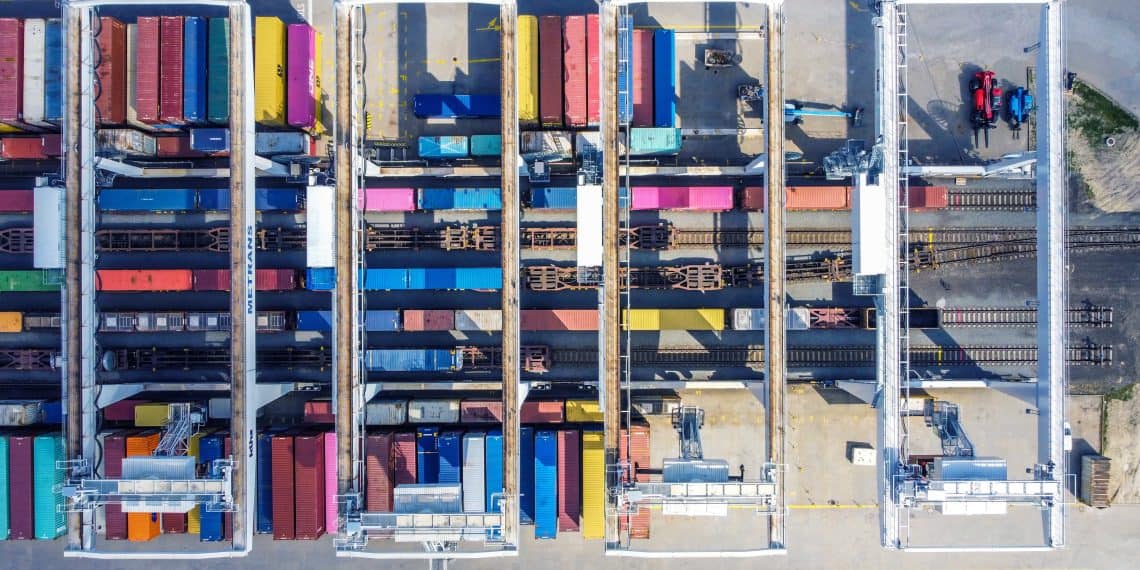Tugboats are now using biofuels in mtu diesel engines, and several utilise gas engines to lower emissions from harbour operations
Rolls-Royce Power Systems is developing mtu engines for tugs and workboats to operate on methanol as the sector begins to turn towards low-emissions fuels. This original engine manufacturer (OEM) has tested and approved the use of biofuels in its mtu 4000 series engines and has supplied gas engines to the world’s first LNG-powered tug with hybrid propulsion.
Rolls-Royce sales manager for tugs and workboats, Andreas Muller-Hirlinger, says mtu engines will be ready for e-methanol with single-fuel and dual-fuel technologies once testing and approvals are complete.
“E-methanol is one of the most promising marine fuels for Rolls-Royce in the future,” he tells Riviera.
“With green methanol from renewable energies, CO2-neutral vessel operations are possible, while harmful emissions, such as nitrogen oxides and particulates, can be significantly reduced.”
Compared with hydrogen, methane (from LNG) and ammonia, methanol has the highest energy density when the tank system is considered. Rolls-Royce is developing methanol propulsion solutions for workboats, tugs and yachts. “Within the publicly funded MeOHmare project, Rolls-Royce is currently focusing on single-fuel technology and will test this on the single-cylinder test stand and on the full-engine test stand in the coming years,” says Mr Muller-Hirlinger. “We are also testing dual-fuel solutions, which are seen as a useful bridging technology.”
Other bridging fuels are bio products, of which hydrotreated vegetable oil (HVO) is the most frequently used on tugs with demand and prices continuing to rise.
In 2023, Rolls-Royce approved the use of synthetic diesel fuels of the EN15940 standard. These include HVO, biomass-to-liquid and power-to-liquid which were approved for mtu Series 2000 and 4000 marine engines following successful bench and field tests, and real-life operations.
Other forms of biodiesel, such as blending in fatty acid methyl ester (FAME), can be used when approval from Rolls-Royce has been obtained in advance. “Most mtu engines from Rolls-Royce used in tugs can be operated with a 30% biodiesel blend,” says Mr Muller-Hirlinger.
Several tugs are also using mtu gas engines when there is available LNG for bunkering, including the world’s first LNG tug powered by a hybrid system with an mtu gas engines.
JMS Sunshine has been operating in the port of Singapore since May 2024 after its design and construction by Seatrium. This 29-m harbour tugboat has a bollard pull of 65 tonnes and two 16-cylinder mtu 4000 series M55RN gas engines and a gas regulating unit, all supplied by Rolls-Royce.
Engine dynamics
The OEM has sold more than 500 mtu engines for tugboats and workboats, which are in use worldwide. “Rolls-Royce mtu engines for workboats, such as tugs, are purpose-built units in the power range up to 3,200 kW,” says Mr Muller-Hirlinger. “They have all been tested and approved for renewable diesel and other EN 15940 fuels.”
He says engine dynamics and power are important characteristics for tugboats where high bollard pull is required during ship escort, towage and manoeuvring.
“The high-speed mtu 16-cylinder Series 4000 engines reach full power in just a few seconds,” Mr Muller-Hirlinger says. “This allows them to accelerate extremely quickly and respond to the movements of the container ships they are manoeuvring into port.
“Thanks to their high power, density and reliability, mtu marine engines have been a success for many years and continue to set new standards in efficiency, performance and environmental friendliness.”
He says workboat mtu engines have a long service life of up to 25 years without a major overhaul. “This means operators can significantly reduce the lifecycle costs of their vessels with mtu engines and increase their availability.”
Since 2020, there has been rising demand for mtu diesel engines from tug builders and owners for projects in shipyards in Europe, the Middle East and Latin America.
“In 2024, Rolls-Royce sold a mid-double-digit number of mtu 4000 series engines to shipyards in the United Arab Emirates, Spain, Brazil and Turkey,” says Mr Muller-Hirlinger.
“The trend towards speculative production continued to grow, with shipyards building tugs without already having a specific order for them. These shipyards rely on mtu propulsion systems.”






